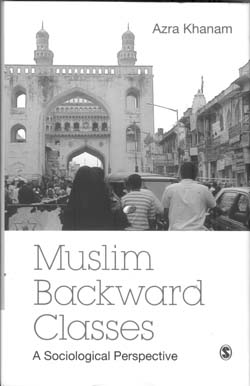If we believe Alistair Macmillan, India has surprised democratization theorists and fits the case for ‘deviant’ democracy. Despite the persistence of inequality, poverty, illiteracy, corruption and low urbanization, it has been able to remain a democratic state. This argument could be borrowed to explain the situation of minorities, especially Muslims, who have been party to this process despite facing the challenges of socio-economic exclusion and political under-representation. According to Javeed Alam, in the post-Sachar period, Muslims entered into ‘the phenomenon called Citizen Politics, which can only be plays on secular precinct…
April 2014, volume 38, No 4

